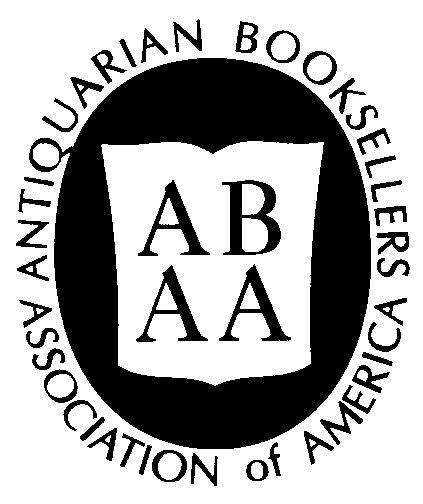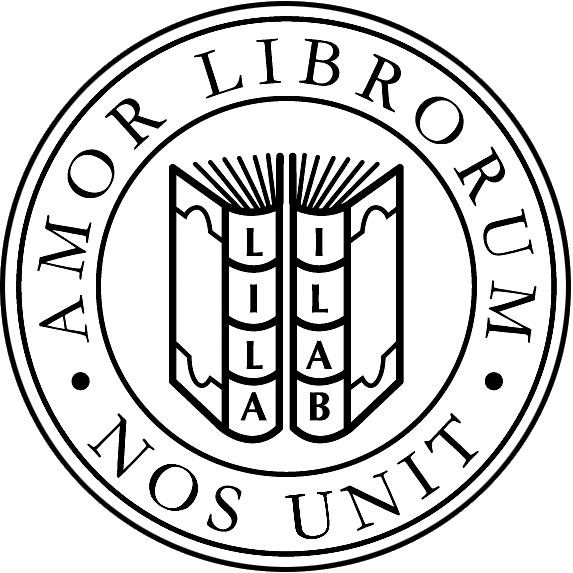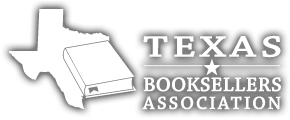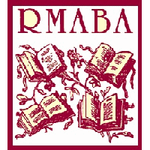Dealer in Rare and First-Edition Books: Western Americana; Mystery, Detective, and Espionage Fiction
Broadside: Chambersburg Machine Company. Aug. Wolf & Company's Works, Extensive Manufacturers Of Flouring Mill, Elevating, Conveying, Distributing & Power Transmitting Machinery
UNKNOWN PHOTOGRAPHER
Other works by UNKNOWN PHOTOGRAPHERPublication: The Friedenwald Company, nd (ca 1890), Baltimore
Attractively detailed chromolithograph, 21 3/8" x 31 1/8" plus the margins, that shows in full color the works of Augustus Wolf in Chambersburg, Pennsylvania. A scarce and impressive view of the thriving machinery factory of businessman and inventor Augustus Wolf, then the largest manufacturing concern in Chambersburg, Pennsylvania. Three electrically-lit towers illuminate this idealized night view of the Aug. Wolf & Co. works, comprising a "General Supplies" store, seven large warehouses and factories, several smoke- and fire-spitting chimneys, and a few outbuildings, as well as a handsome residence, presumably that of Wolf himself. The Conococheague Creek flows in the background, and a train ... likely the Western Maryland Railway, which built a spur to Chambersburg ... steams peacefully along the far bank. The company emblem appears at bottom of the view picturing the firm's "Trade Mark" mill, flanked by two wolves. The view is flanked by banners listing the company's "General Specialties" (including "Sheave Wheels and Wire Rope," "Elevators and Conveyors," "Turbine Water Wheels," "Saw Mill Machinery" and more) and, of course, their "Milling Specialties" - including "Roller Machines," "Flour Dressers," "Griding and Corrugating Rolls," "Flour Blending Machines," and "Belting Cloth and Mill Supplies of every description." Aug. Wolf & Co. was founded in Allentown, Pennsylvania by Augustus Wolf (1851–1937) and D. L. Hamaker but soon moved to Chambersburg. In 1880. Wolf took over sole ownership of the firm, and an article in Chambersburg's Franklin Repository a decade later credits his success in part to the "marvelous growth of the flouring interests during the past quarter of a century," which "has in the nature of things developed a correspondingly large demand for the improved machinery used in the milling business and as the mill burs superseded the cruder methods, so have the burs in turn been succeeded by the roller mills, and in the manufacture of these mills thousands of dollars of capital are invested and skilled mechanics find profitable employment. A noteworthy and representative concern, engaged in this branch of industrial activity is the firm of Aug. Wolf & Co. which is in all respects a leading establishment of the kind…its products being in constant and increasing demand throughout Pennsylvania, Maryland, Virginia, West Virginia, New Jersey, Ohio, Indiana and Delaware…The works are most thoroughly equipped with the latest improved machinery and appliances, the motive power being furnished by two large Wolf Turbine water wheels propelled by the waters of the Conococheague, its entire flow of water going by their works." Wolf sold his interest in the company to his son, H. G. Wolf, who in 1901 incorporated it as the Wolf Company. Wolf later founded another business, built an amusement park in Chambersburg, was active in City government, and in 1929 lost his left hand to a factory accident. German-Jewish printer and lithographer Isaac Friedenwald (1831–1904) emigrated with his parents from Hesse to the United States when he was an infant. He fought for the Confederacy during the Civil War (enlisting in 1861 as a Private in Co. A, Montague's Battalion in the Virginia Infantry), and in the 1870s worked as a printer at Wiesenfeld & Co., a major player in the Baltimore garment industry. In 1875 he established the Levytype Photo-Engraving Company with Louis E. Levy (who patented the "Levytype process," a photo-lithographic technique) and William Deutsch. Levy withdrew from the firm in 1877, taking his engraving plant with him, and was replaced by Theodore Knapp; the firm, renamed the Isaac Friedenwald Company, purchased a bookbindery and operated a folding box department before poor management forced a reorganization in 1890. In 1893, a new firm was established, called The Friedenwald Company, to purchase its predecessor. Simon Dalsheimer and Nathan Billstein took over management in 1903, and in 1906 they renamed the company The Lord Baltimore Press. It operated until about 1970, when it was sold to International Paper. No examples located in OCLC, nor does Google search yield any offerings. Recently backed with Japanese tissue. A few short, repaired tears at margins, one 1 1/2" closed tear at upper edge slightly affecting a printed area, with the margin expertly restored at lower-right corner. Overall a fine bright broadside that beautifully depicts a fine vintage Pennsylvania manufacturing enterprise. Suitable for framing.
Inventory Number: 53916
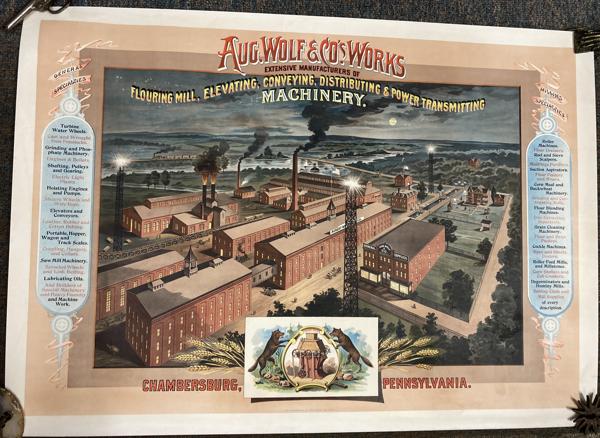






![The Main Line Of The Pennsylvania Canal Through Mifflin County WAGNER, ORREN R. [ASSISTANT COUNTY SUPERINTENDENT, MIFFLIN COUNTY SCHOOLS]](/media/images/thumb/53259.jpg)



